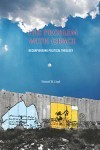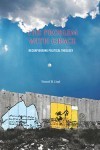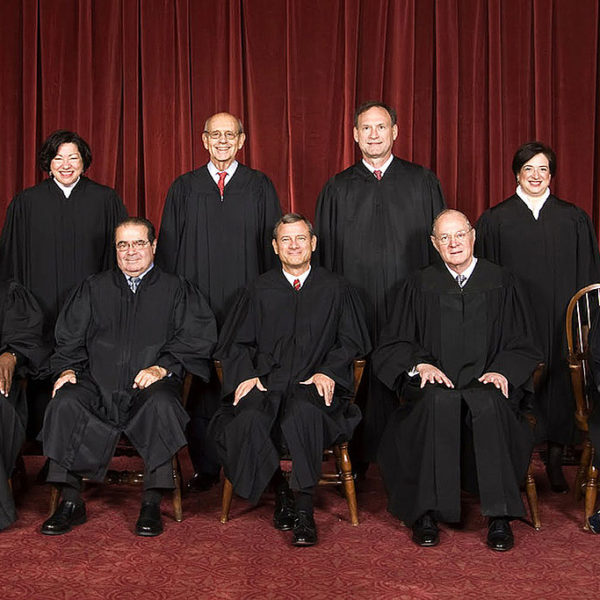
Vincent Lloyd on James Cone, Ilsup Ahn on Labor, Immigration and Forgiveness, Silas Morgan on Ideology and liberation, and so much more.

If an academic field is defined in part by its canon, wide divergence on canon would suggest that what appears to be a field might not really be one. In the case of political theology, there seems to be this sort of incoherence: an anthropologist writing an article about political theology may never have heard of Dorothee Sölle, while a seminary professor writing an article about political theology might never have heard of Claude Lefort.

There is no shortage of elements in Romney’s statements to investigate. In particular, his ridiculously inaccurate statements about taxes are being addressed by journalists and analysts like Ezra Klein in today’s Washington Post. But behind his statement about victimhood and the dismissal of almost half the country as dependent upon the government without any contribution to civil society is a revealing ideology of the public order that I find most disturbing.

First, I want to take social practices and norms as foundational. They do not come from anywhere else, not from people or institutions or God. It is practices and norms all the way down, as it were. Second, I want to present practices and norms as always in conflict. Norms are derived from practices, but they always misrepresent practices; practices are pulled towards norms.

Locating a middle requires, first, the critique of ideology, which determines the options that appear before us. But the critique of ideology requires an attentiveness to tradition, and to social practices and norms. The “Continental” side talks a lot about ideology critique, but rarely does more than gesture towards those social realities.

